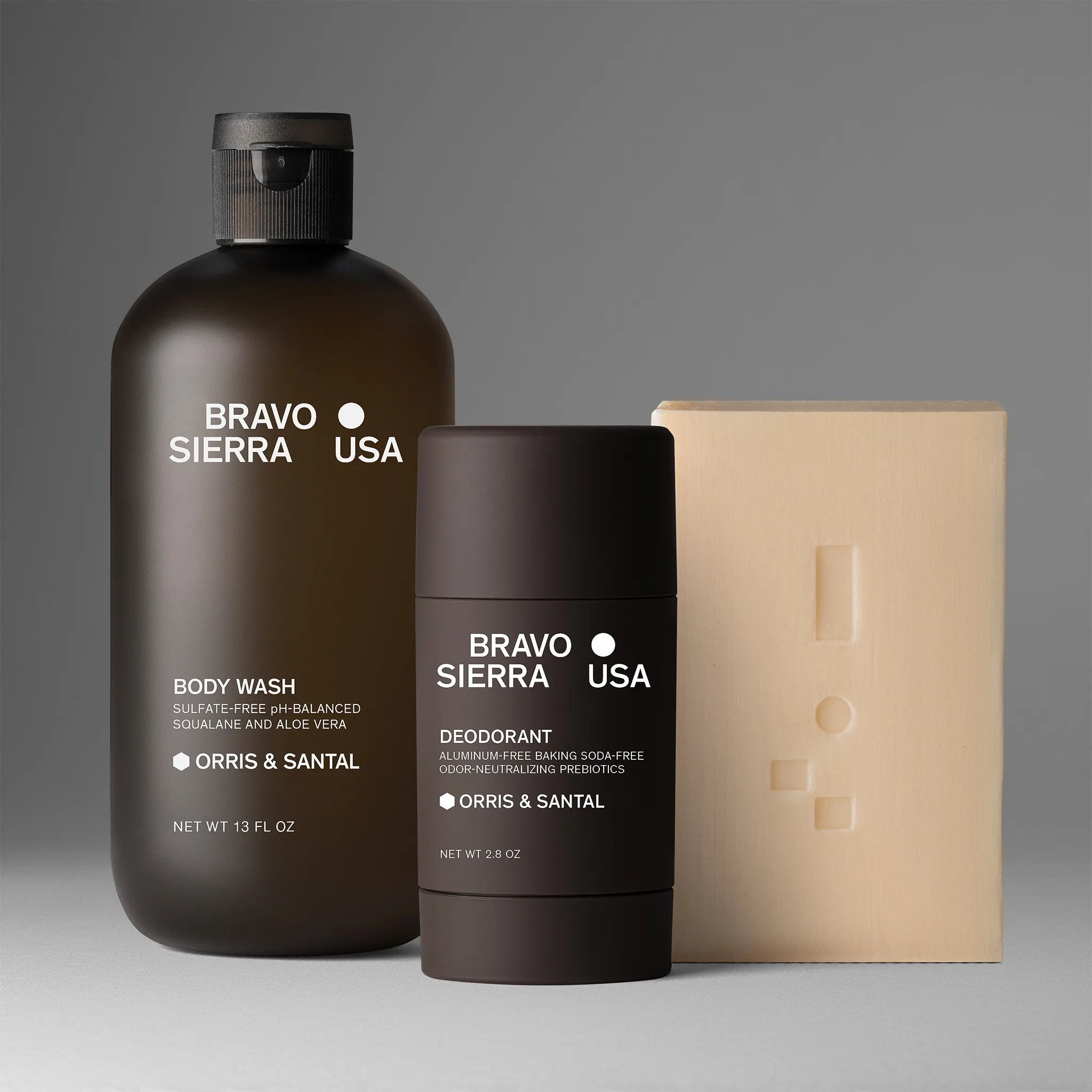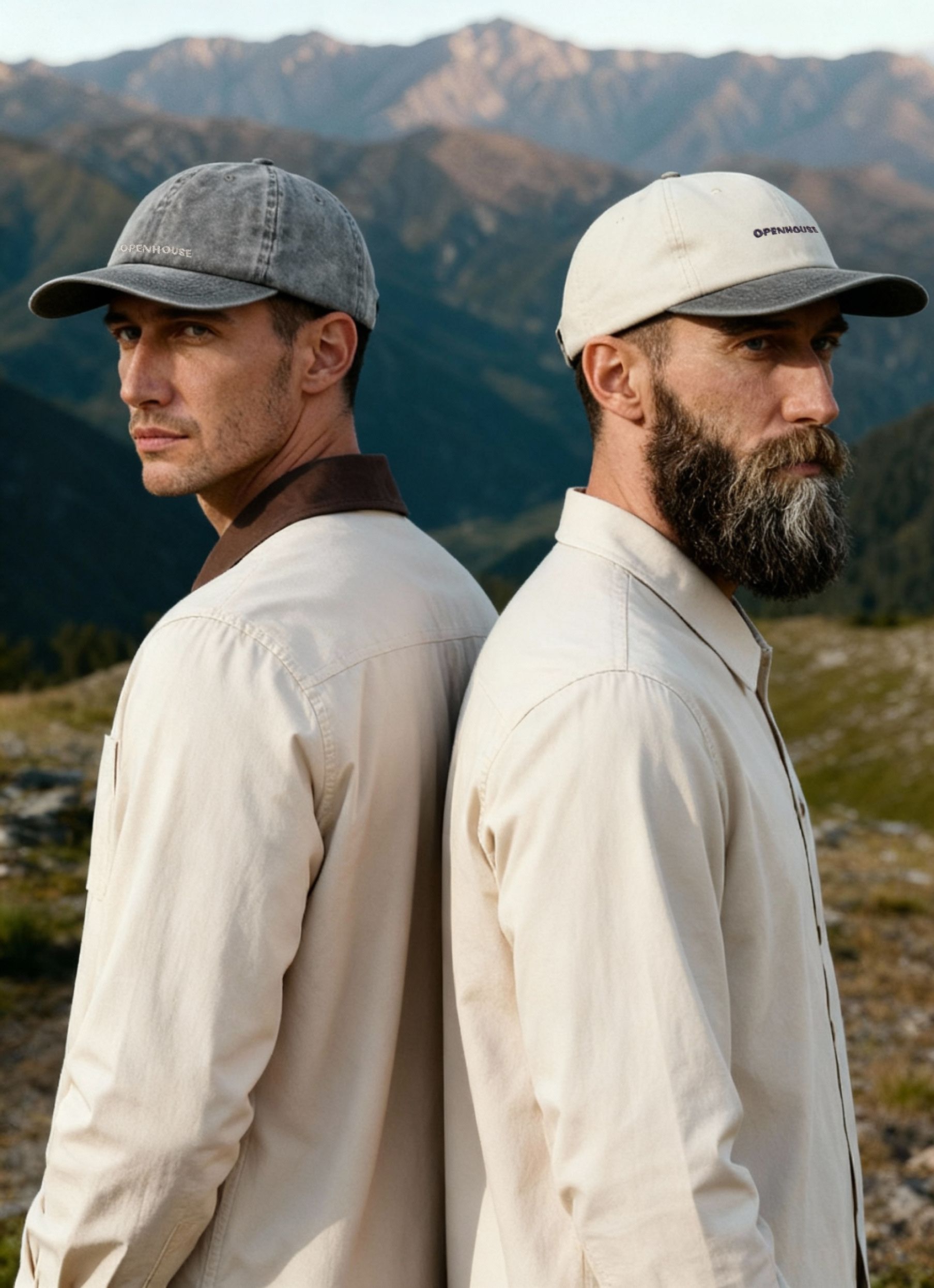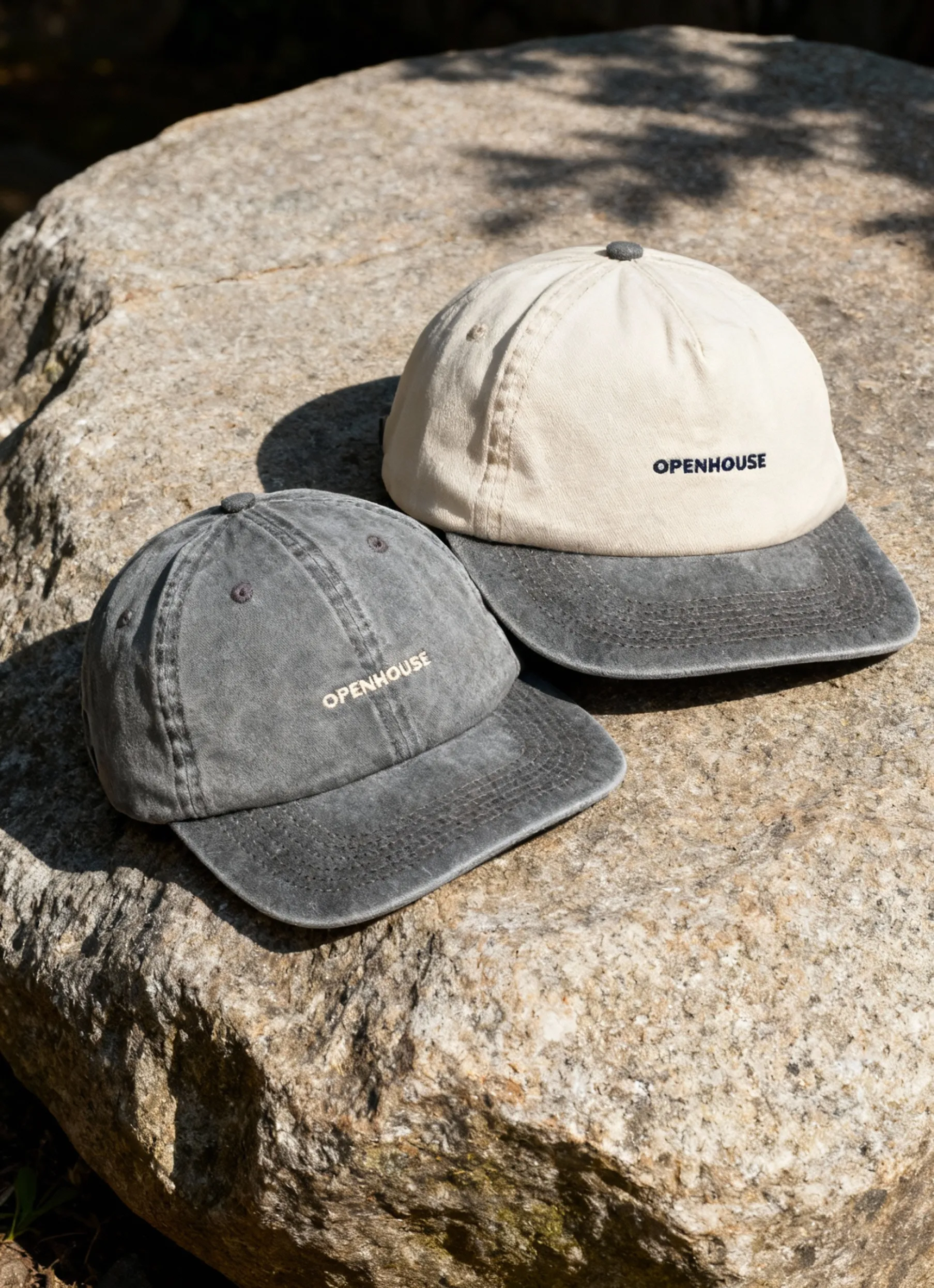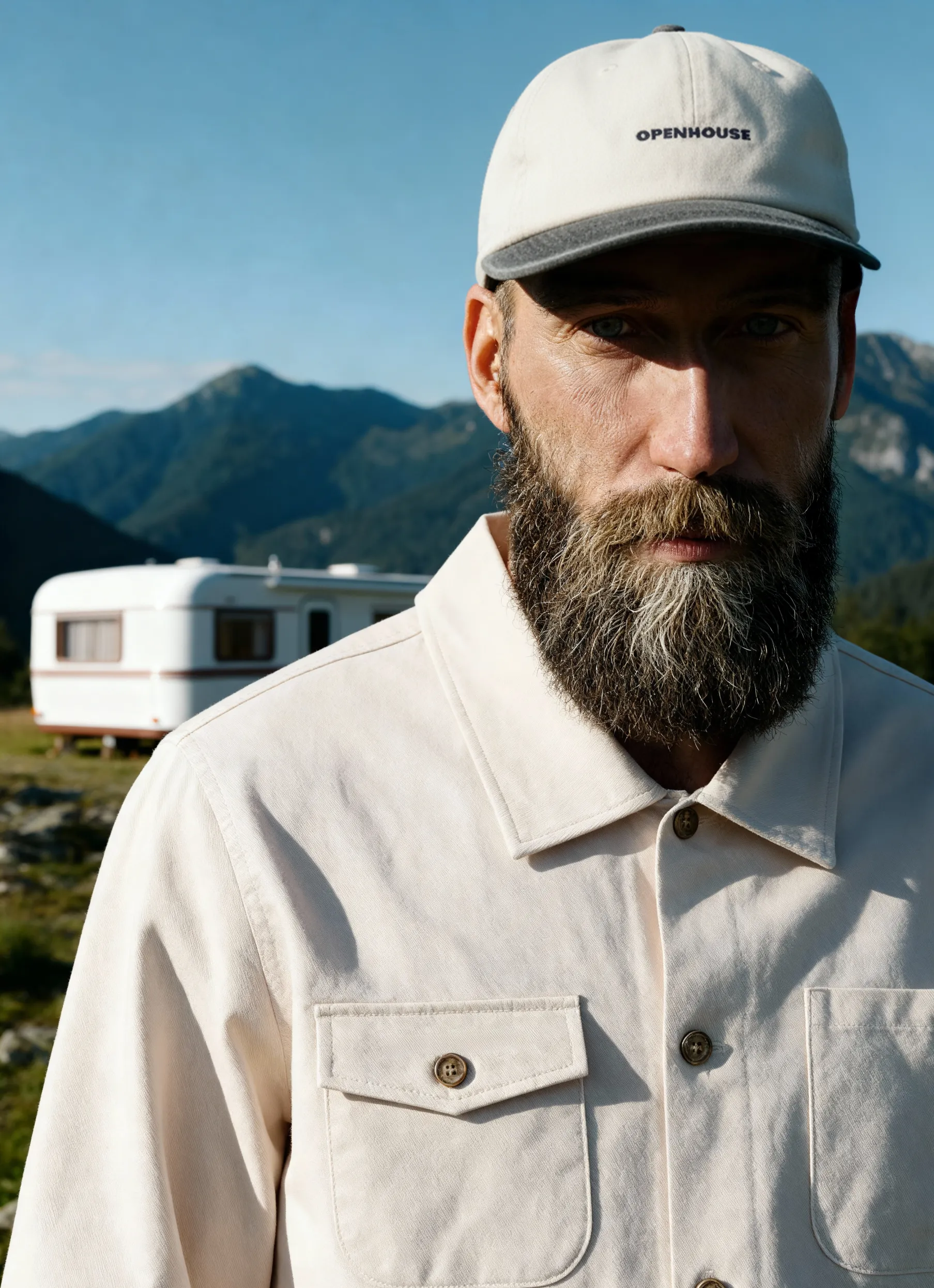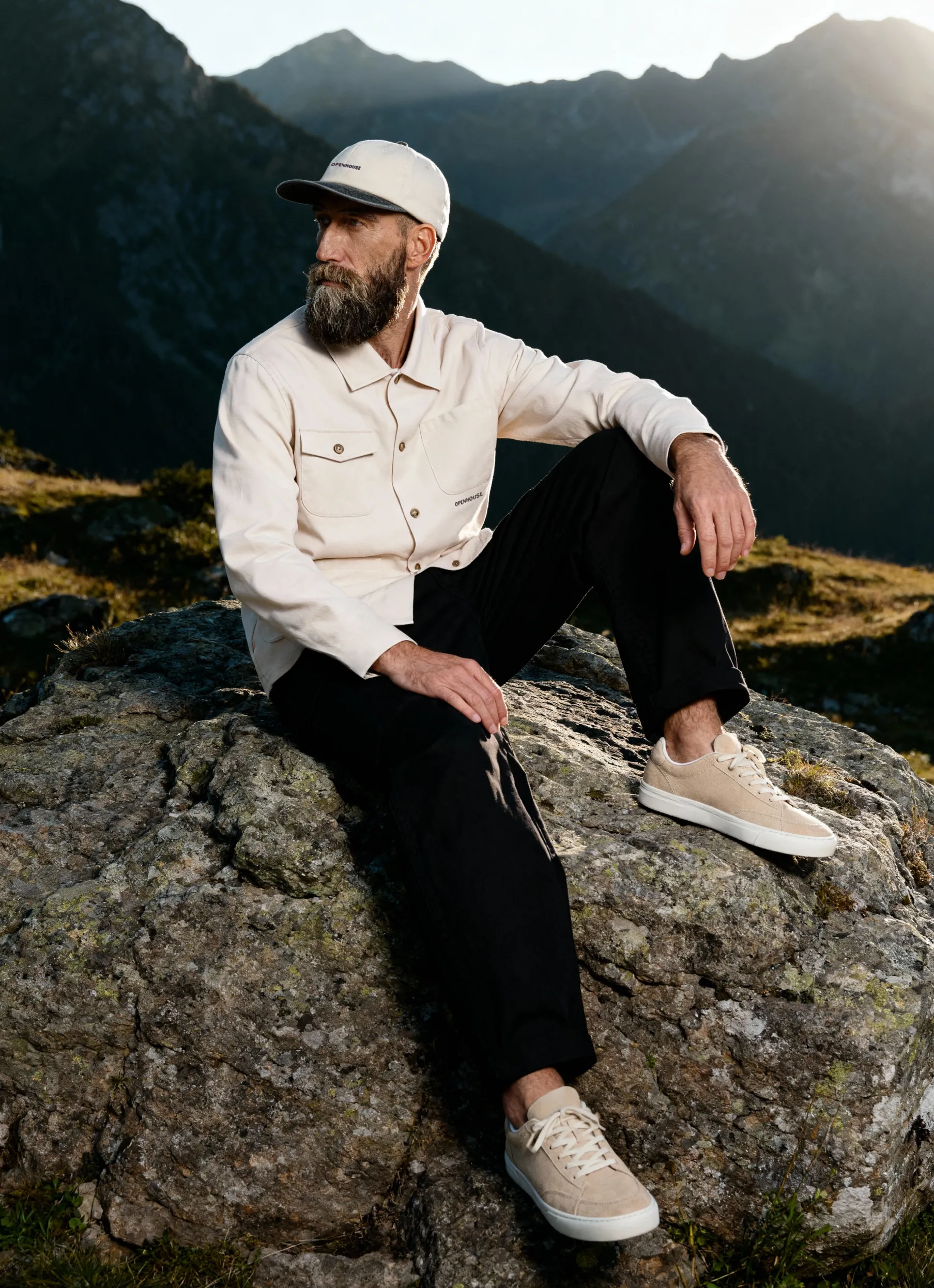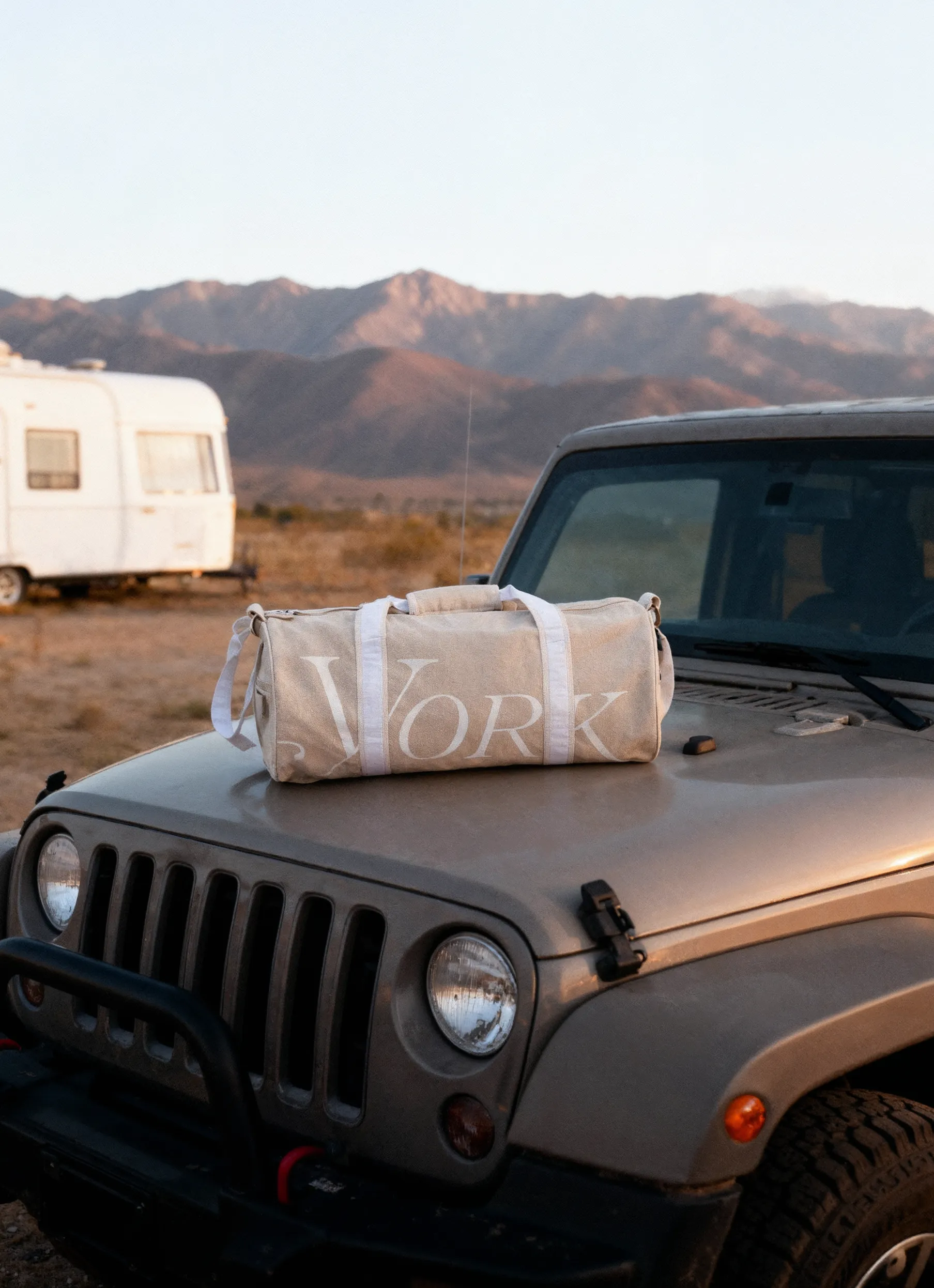Skincare product photography is an exciting job for any professional photographer, as it allows you to showcase your mastery in both technical and creative aspects.
On one hand, you get to enjoy working with models, water splashes, smudges, fun props, and sophisticated lighting setups.
On the other hand, you get to overcome dozens of things that can go with everything mentioned above.
Ready to soak up advice that comes from a team of decade-wise product photography professionals who have created these cosmetic product shots? We are delighted to share our best practices.
Challenges of Making Skincare Product Photography
So, let’s start by building realistic expectations for beauty product photography: it’s not as glamorous as it seems. In fact, your working area can get as messy as that of a food photographer’s for some images.
Skin care product photos - whether for magazine ads, in-store displays, or ecommerce - can be some of the most attractive and creative product images to produce. And like other categories of product photography, getting the great results you want has its own unique challenges.
Most cosmetics photos contain both highly reflective glass or metal containers, and the contents are often a colored liquid or powder. Capturing both of these materials in one image is a challenge even for a professional photographer.
Reflective Surfaces
All those cream jars and perfume bottles have plenty of sparkle and gloss to them - literally. And those reflective surfaces are challenging to capture and need extra attention and mastery during the shoot, as well as in post-production.
%201-min.jpg)
Light Absorption in Different Packaging Materials
To make things more complicated, a photographer will likely have to deal with a combination of materials in one small product, such as matte black packaging with a shiny jar of cream and a metal cover. All of them have different light absorption properties and may require different treatments during photo retouching.
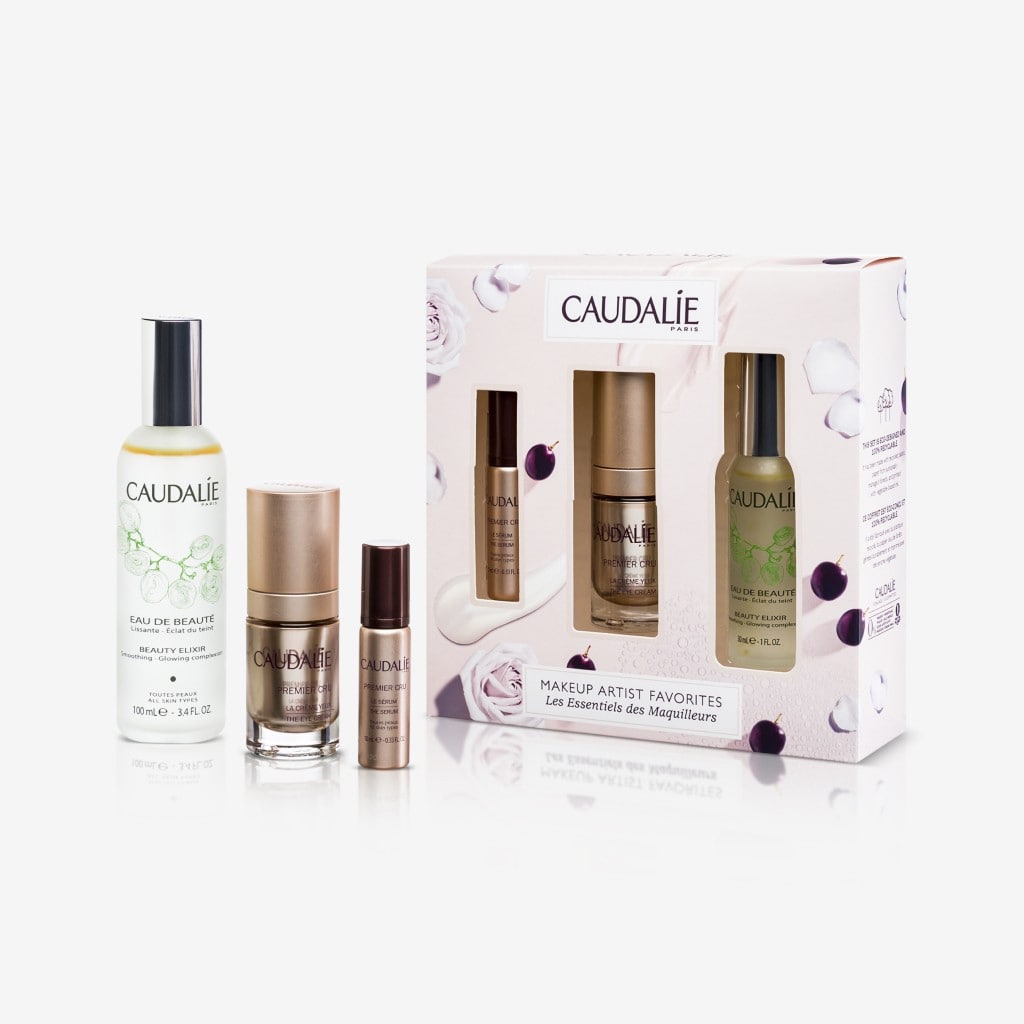
Model Close-Ups and the Pursuit of Flawless Skin
Product photography for skincare often features models, aiming to showcase the glowing skin a person can achieve after using the product. The intricacies of the shooting are numerous, and no two model shoots are alike - so surprises are part of the deal.
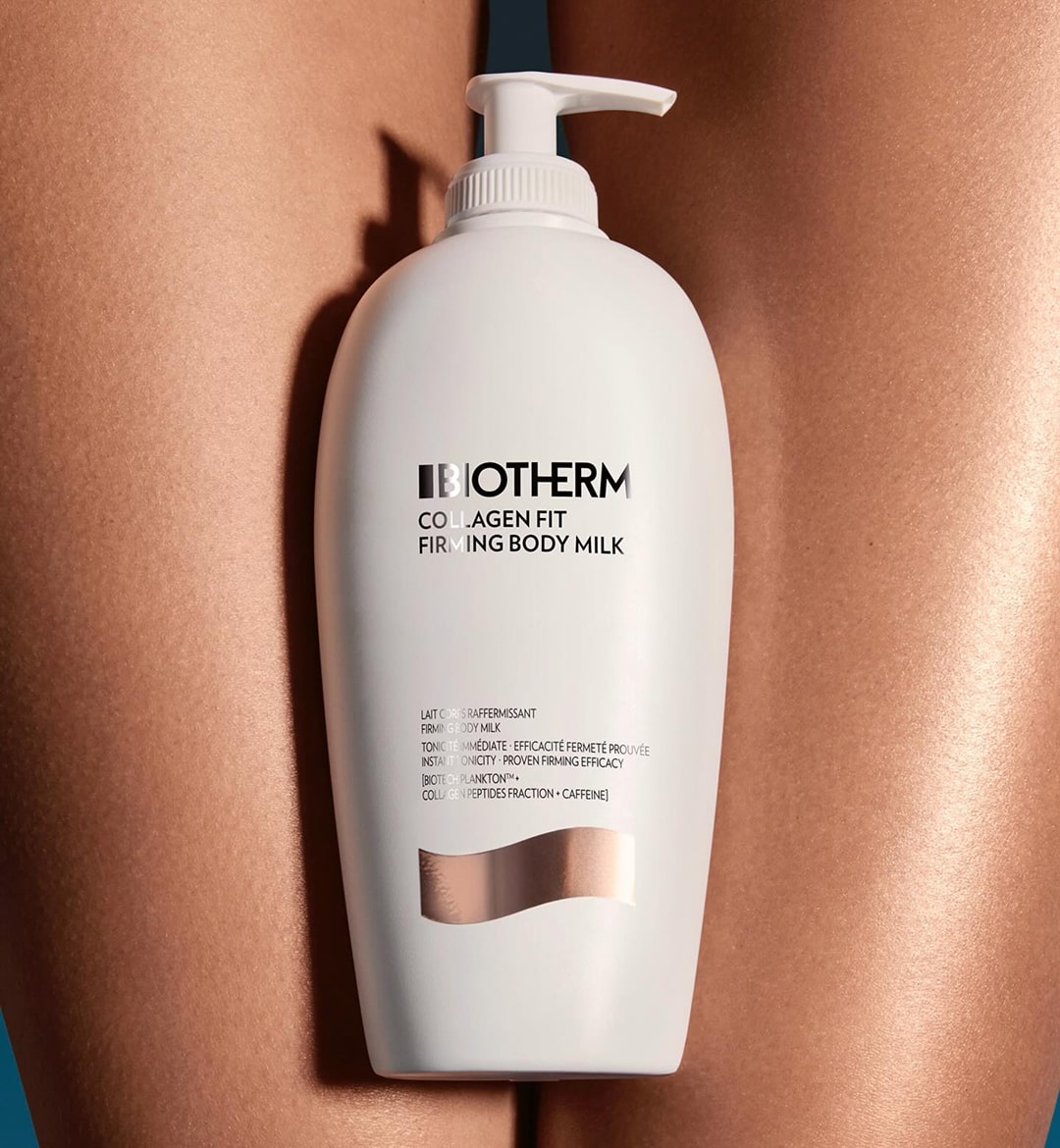
Taming Water Splashes
Water equals freshness, hydration, and cleanliness - all in one. Sure, it's a usual suspect when it comes to skincare for photography.
But. You got it right - water is not the easiest subject to photograph.
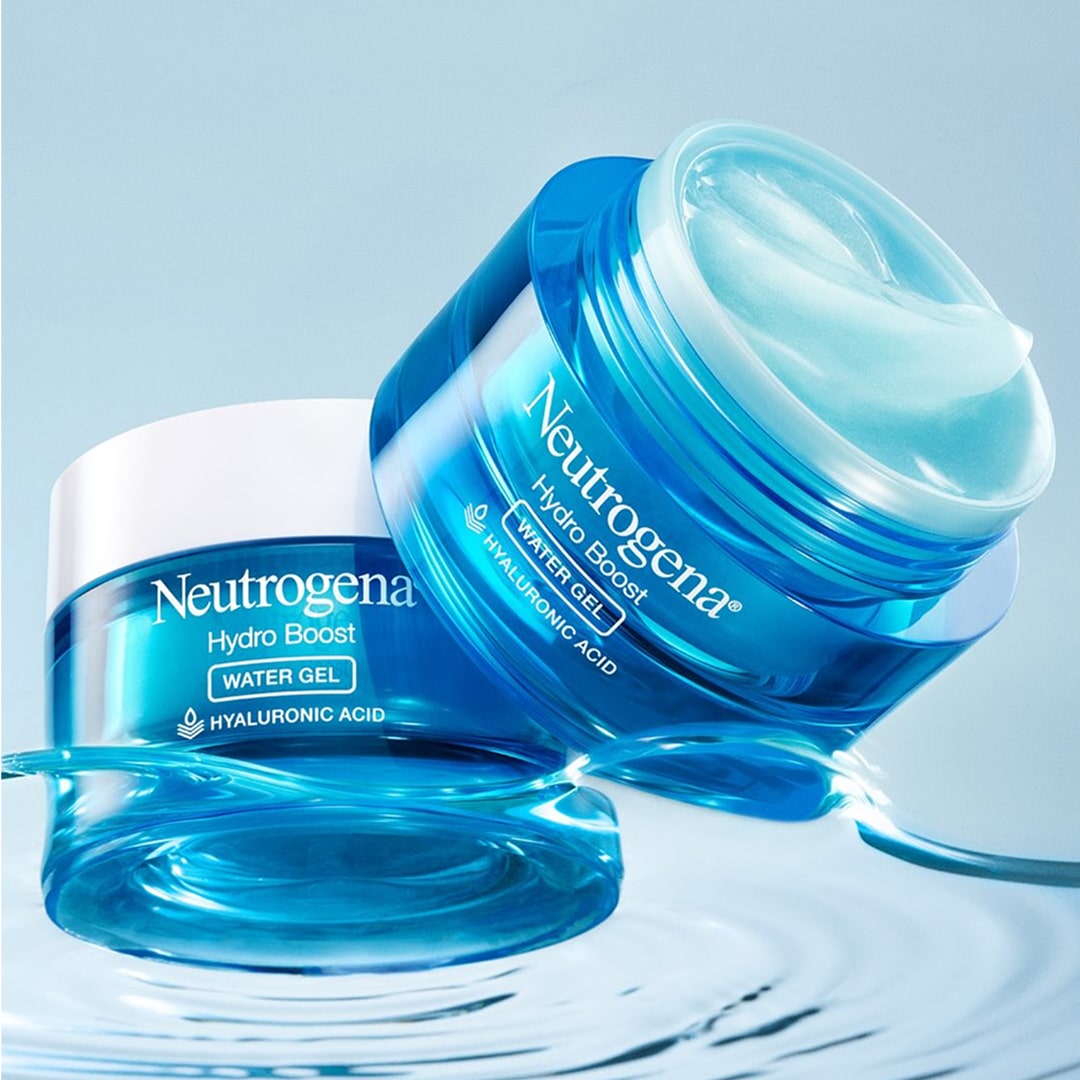
Achieving Perfect Shape with Smudges & Smears
Smudges and smears of makeup and cosmetic products are designed to bridge the gap between online and offline shopping for potential buyers. They demonstrate both the color and the texture perfectly.
That being said, it’s not always on the first try that you get a good-looking smear shape.
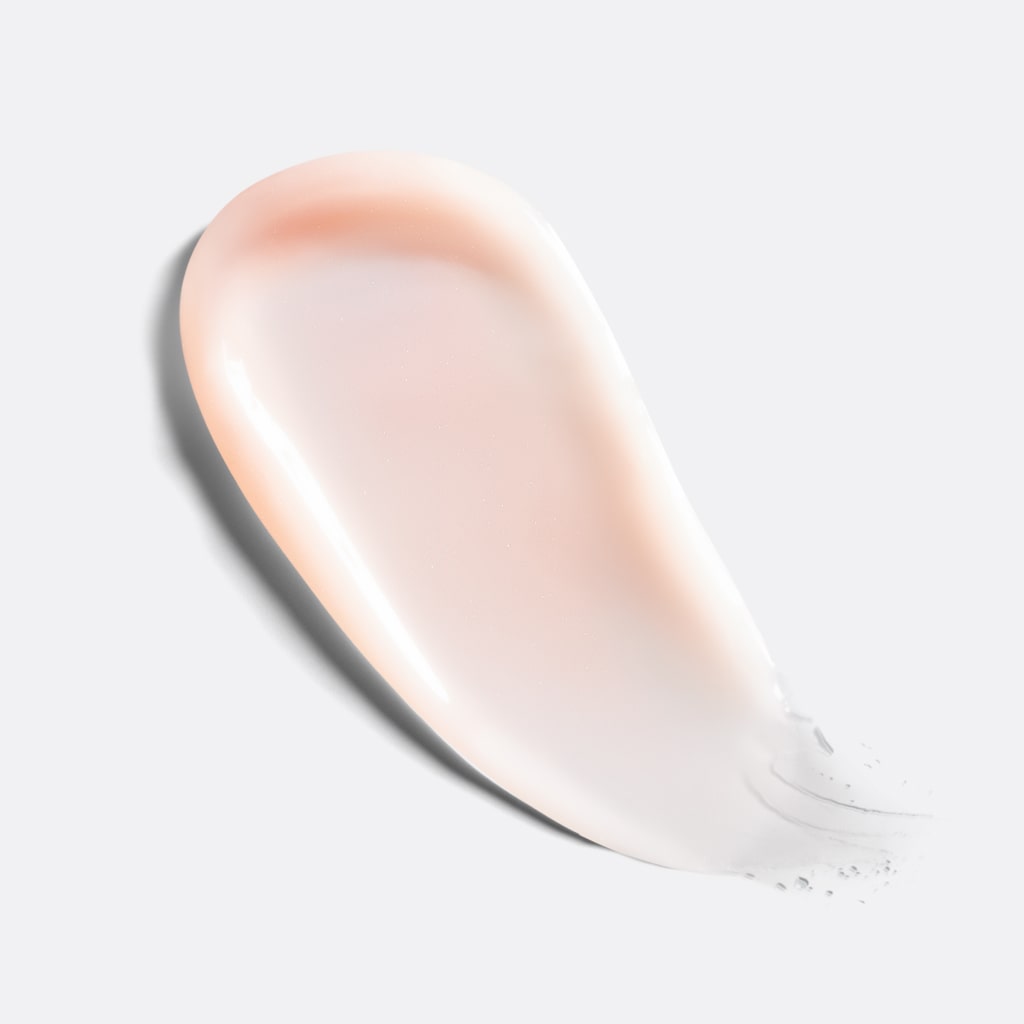
Adding a Reflective Shadow in Post-Production
Achieving that effect is quite a mission for a photo editor. It's a multi-stage process that may involve a combination of a clipping path and creating a reflection using a mirror layer of the product.

Creating Eye-Stopping Hero Shots
All creams look the same in their tiny jars - whether they're five-dollar or fifty-dollar ones.
However, it's the art direction that creates a perfect hero shot of a beauty product, one that will stop a user from scrolling through their celebrity-dominated social media feed and make them want that cream instead.
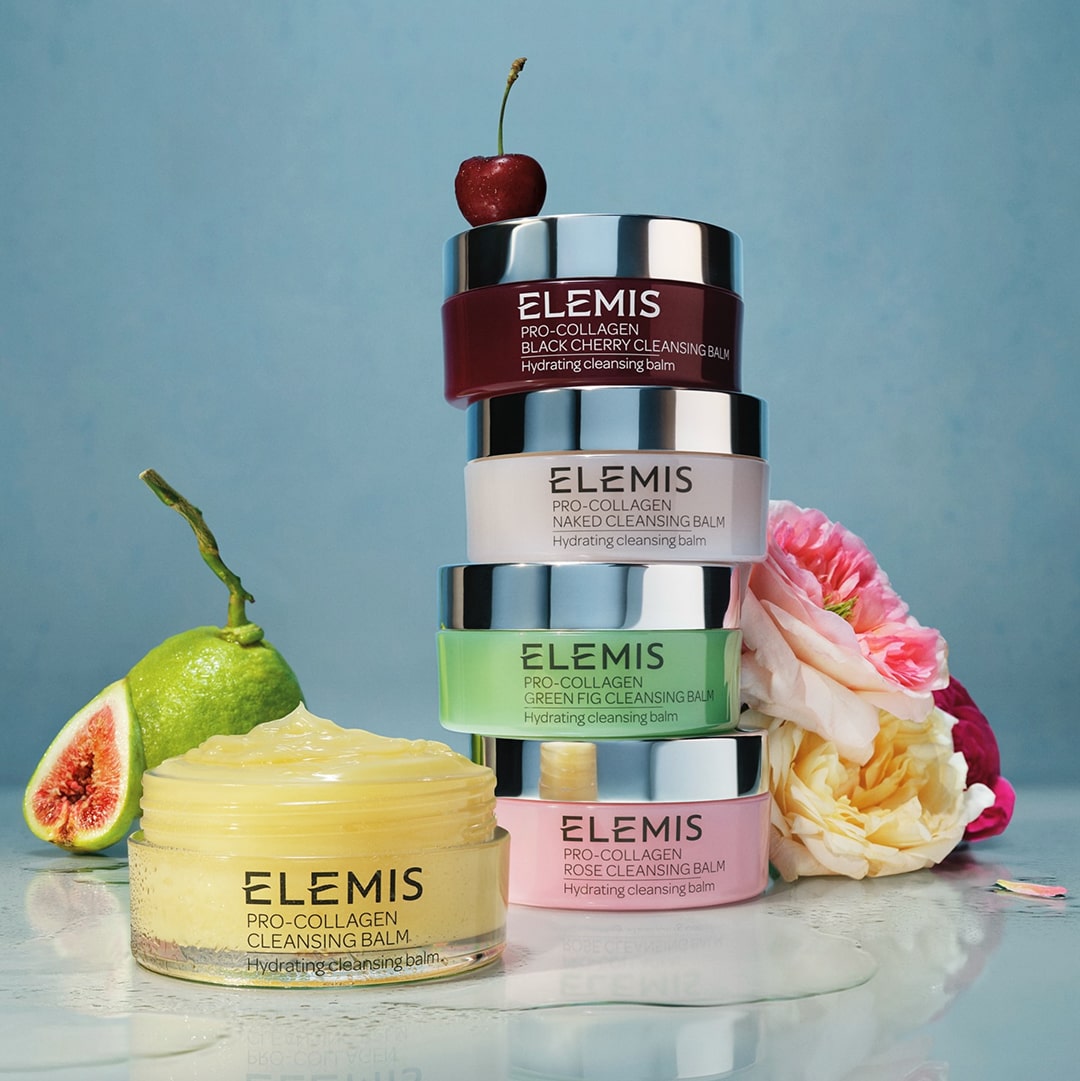
We have just scratched the surface of the multiple professional challenges awaiting anyone who dares to challenge themselves in making a skincare product photography. Now, let's move on to the tips on how to complete this complex mission successfully.
Professional Tips for Attention-Grabbing Beauty Product Photography
This is one of those e-commerce segments where we’d advise against taking the DIY route.
That being said, even professional product photography for skincare can lack some of the creative twists we aim for in our output. These ideas for skincare images may inspire your session, too.
1. Use Product Ingredients as Your Props
Imagine a picture with dozens of avocados nicely lined up with the only odd object among them: a jar of avocado-oil-based cream. A user will forever associate this cream with the goodness of natural avocado oils. It would not be surprising if the placebo effect kicked in after seeing such a powerful visual, and customers began to feel their skin plumper and more moisturized.
Joking aside, pharmaceutical and skincare scientists spend hundreds of thousands of dollars developing natural formulas and extracting the goodness of natural ingredients from plants, fruits, and berries.

Does your skincare product contain aloe vera? Body scrub with apricot kernels? Perfume with lavender notes? Shower gel with coffee & honey? Hair oil with rosemary? Lucky you. Your hero shot is going to be stunning.
2. Channel Freshness with Water
Liquid photography is chaos in motion. It takes years behind the lens (and probably a few soaked backdrops) to capture water behaving the way you want. So yes, it’s tricky. And yes, it’s best left to those who’ve spent a good chunk of their lives figuring it out.
That said, there’s a reason water splashes keep popping up across beauty campaigns. They’re bold, they’re dramatic, and they instantly connect with the freshness every brand in this space is trying to sell.
The great news is:
- Water is free of charge.
- A microfiber cloth has great absorption qualities.
- Your camera can stay dry if you make an effort to protect it from splashes.
- After a dozen experiments with frontal and back lights, flash positioning, and various reflectors and diffusers, you will get just the right shot.
The not-so-great news is that the photo editor will still need to do some solid post-production tweaking anyway.
3. Smudge and Smear Everything that Begs to Be Smudged
Lipsticks, mascaras, creams, eyeliners, concealers — they’re all a jackpot for product photography. Few categories give you so much freedom to play.
Think of every surface as your canvas: pastel paper, mirrors, the back of your hand, even a retro windshield or the rim of a wine glass. Smears can be bold, messy, delicate, or precise — each one tells a story about color, texture, and mood.
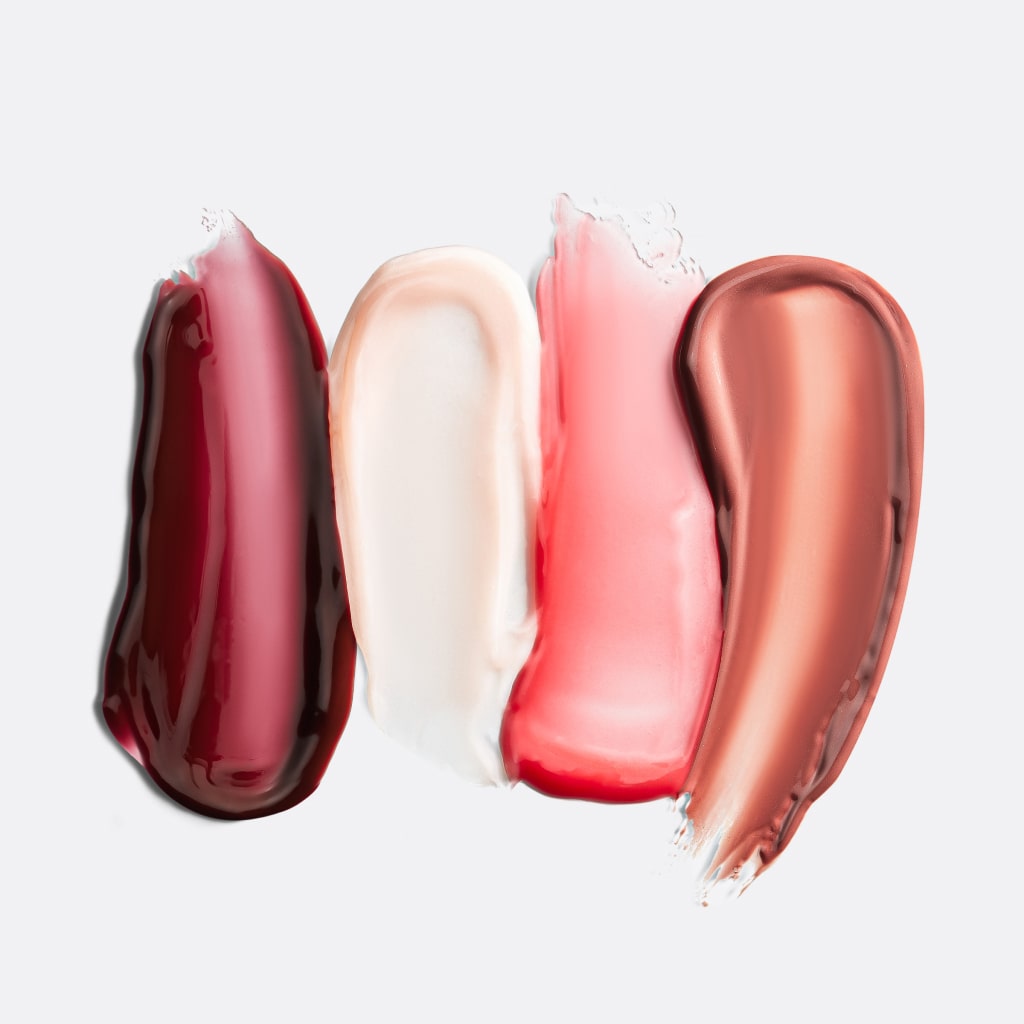
The classic teardrop shape is a safe bet to showcase texture. But why stop there?
- A lipstick heart on a bathroom mirror.
- A razor-sharp line of nail polish droplets, shot in macro.
- A lip pencil doodle across a wine glass, candlelight glowing in the background.
- Even a sunscreen squeeze spelling “hot” across a model’s back in motion.
Smudges and smears aren’t accidents — they’re design tools. Use them to reflect brand values, evoke emotion, and bring the product to life.
4. Bring Packaging Forward — It’s Premium, It’s Proof
In beauty, packaging isn’t just a box. It’s brand DNA wrapped in cardboard, glass, or plastic — sometimes designed by artists themselves. In the premium segment, packaging often carries as much weight as the formula inside.
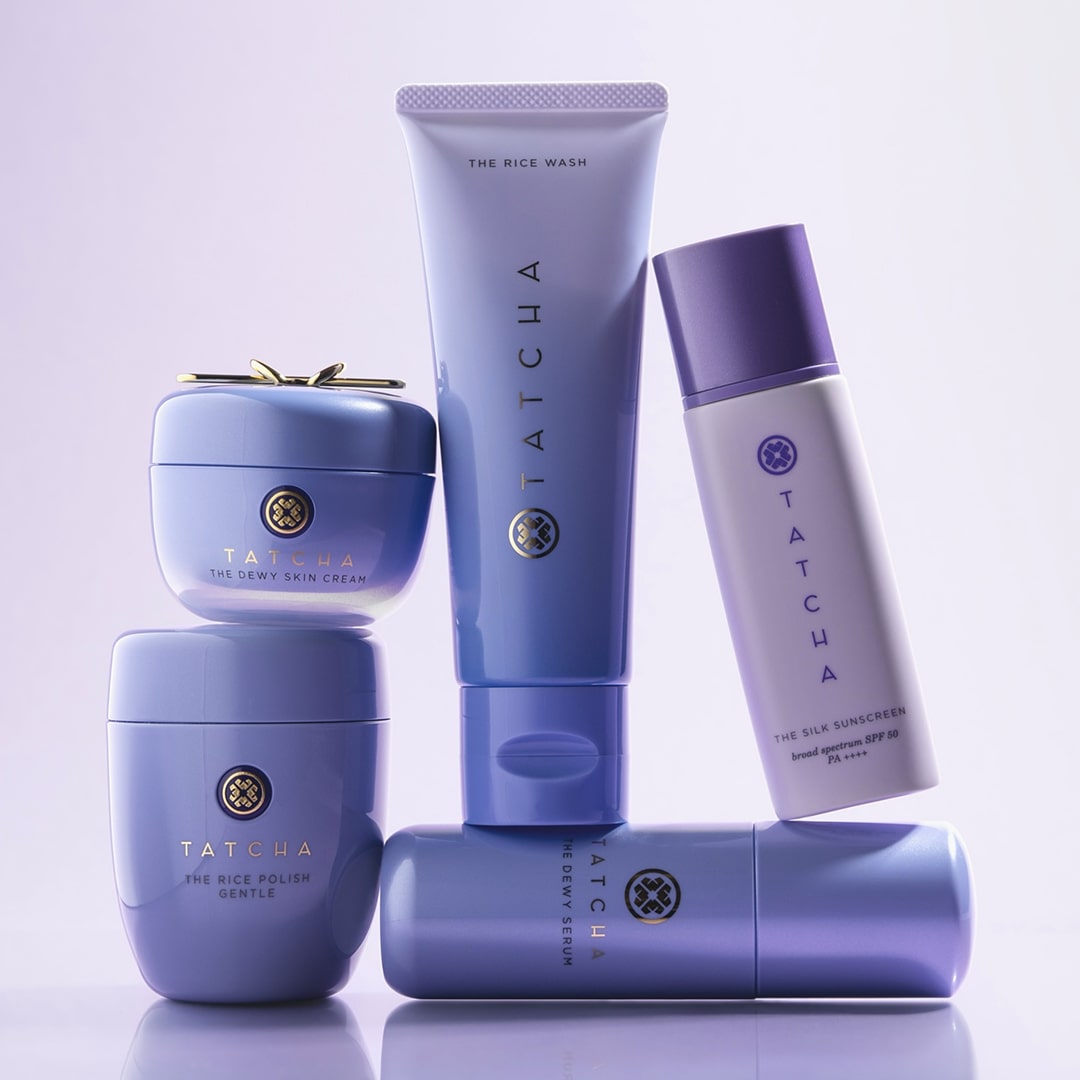
Perfume photography proves the point: shots of the box are what help shoppers tell the difference between the real deal and a counterfeit. On big platforms like Amazon, including dimensions right on the image can make that distinction crystal clear.
But packaging shots don’t need to be boring. Stack them into a pyramid, spin them into infinity with a looping GIF, or angle them so they look like they’re floating midair. The product inside shines brighter when the packaging gets its own spotlight.
5. Match Backgrounds to Brand Vibe
You can never go wrong with pastels or clean whites — they’re timeless for skincare and beauty. But when you want to push personality, backgrounds do a lot of heavy lifting.
Cooling menthol shampoo? Think minty greens.
Orange blossom perfume? Go bold with orange or pink.
The rule is simple: let the background echo the product’s promise. It’s color theory meeting brand storytelling.
6. Add Reflective Shadows for a Glossy Edge
It’s a classic trick for a reason. A reflective shadow instantly gives an image that “pulled-from-a-glossy-magazine” effect. Some shiny surfaces will naturally create it, but when they don’t, you can always fake it in post with a mirrored layer.
The result? Elevated, editorial, and clean — the kind of image clients love to frame on a campaign mood board.
%201-min.jpg)
7. Choose Models That Resonate with Your ICP
The right model is a shortcut to instant relatability. If your ideal customer is diverse — encompassing all ages, genders, and skin tones — the casting pool is broad. Diversity not only looks good, it feels right.
However, if your product addresses a definite need — such as blonde-hair shampoo, anti-wrinkle cream for 50+, or teen acne treatments — then the casting must be just as specific. The model serves as a bridge between the product promise and the customer’s reflection.
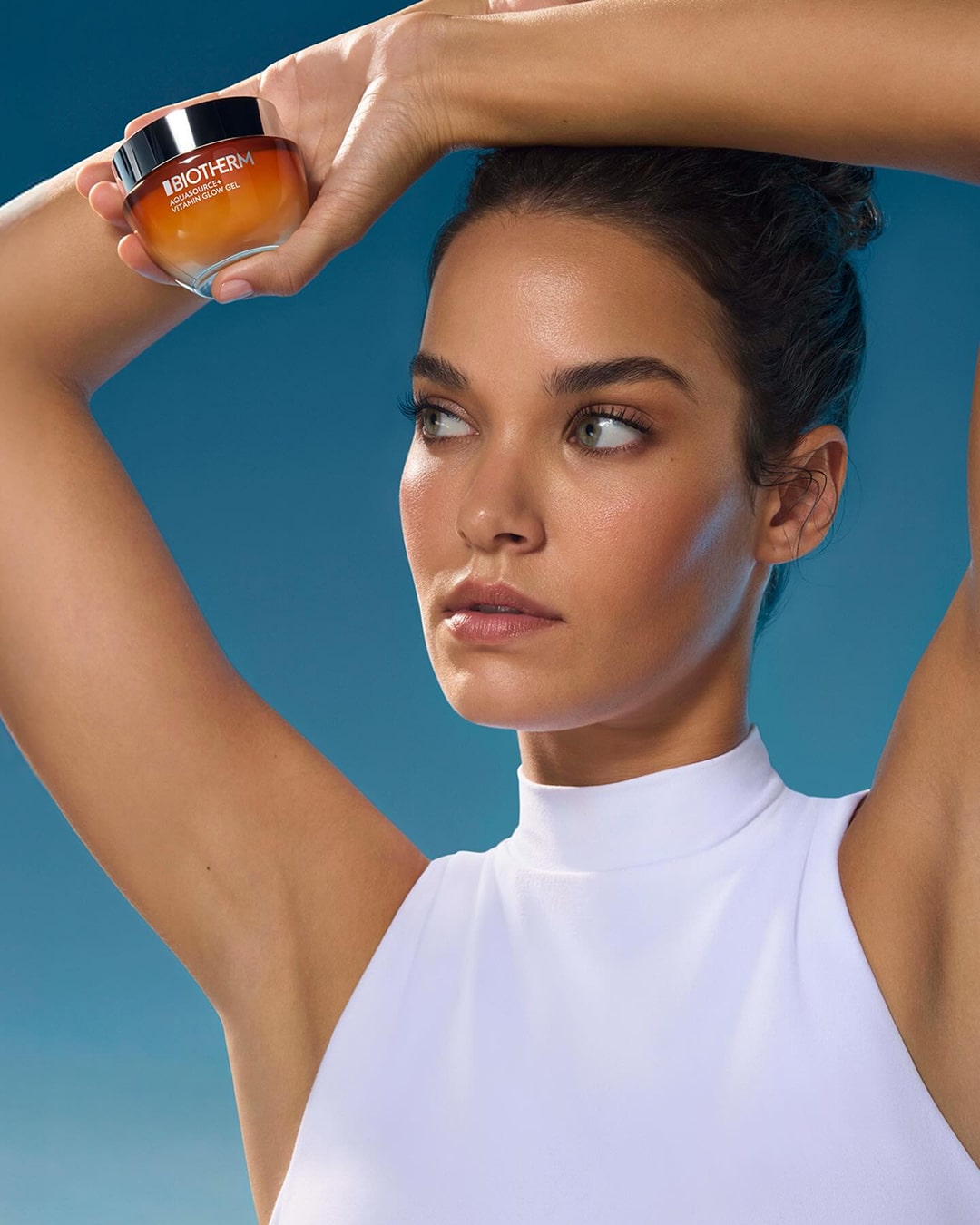
8. Play with Placement in Group Shots
Beauty products rarely travel solo. Lipsticks arrive in collections, shampoos in full regimens, and skincare in step-by-step rituals. Group shots are your chance to show them as a family — or break the rules entirely.
- Suspend them midair for a levitation effect.
- Float them in a bathtub, candles flickering around.
- Stage them on a nightstand for a lifestyle moment.
- Or go literal: snail mucin in a garden, with real snails crawling into frame.
One rule of thumb: always have extras. Boxes dent, liquids spill, powders smudge. And nothing beats shooting the real color and texture in front of the lens rather than fixing it later in Photoshop.
Photography Pricing for Skincare: What to Expect
At Squareshot, we keep pricing simple and transparent. No hidden fees, no guesswork — just straightforward rates you can explore with our beauty product photography calculator. If you’re about to launch a new line or expand your catalog, it’s the fastest way to see what your shoot will cost.
Of course, pricing on the broader market can vary a lot. A freelancer’s location, gear, experience, and portfolio all factor into their rates. While that sometimes means lower upfront costs, it also comes with the risk of inconsistent results. For beauty brands where precision and polish matter, the savings may not always be worth the gamble.
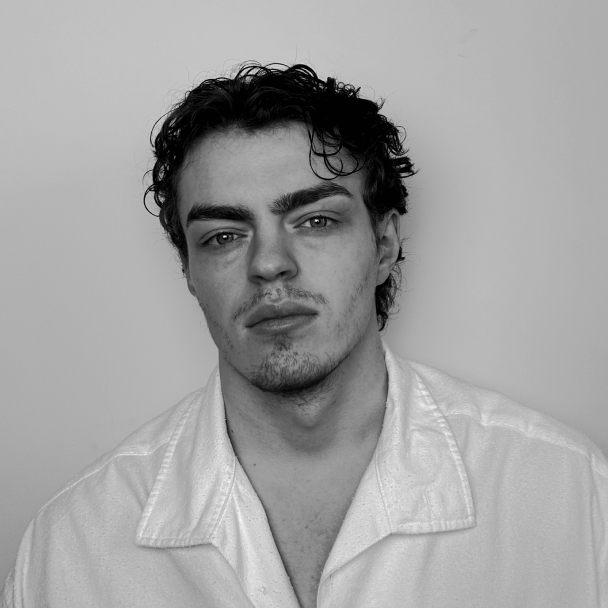
Product A
SQUARE SHOT








